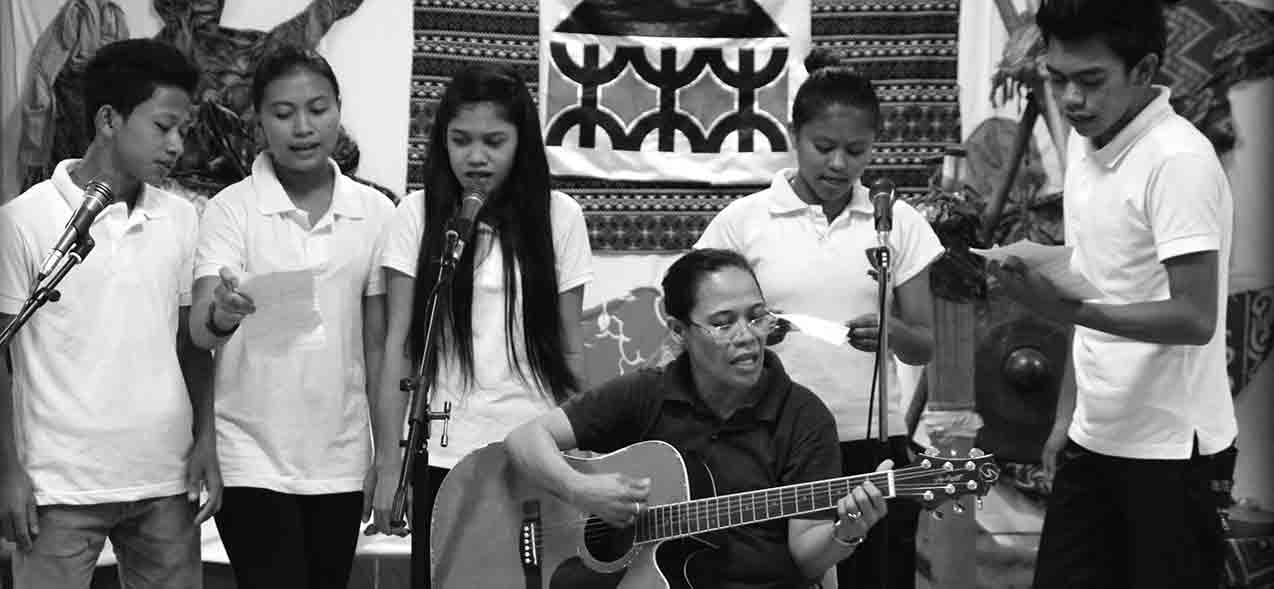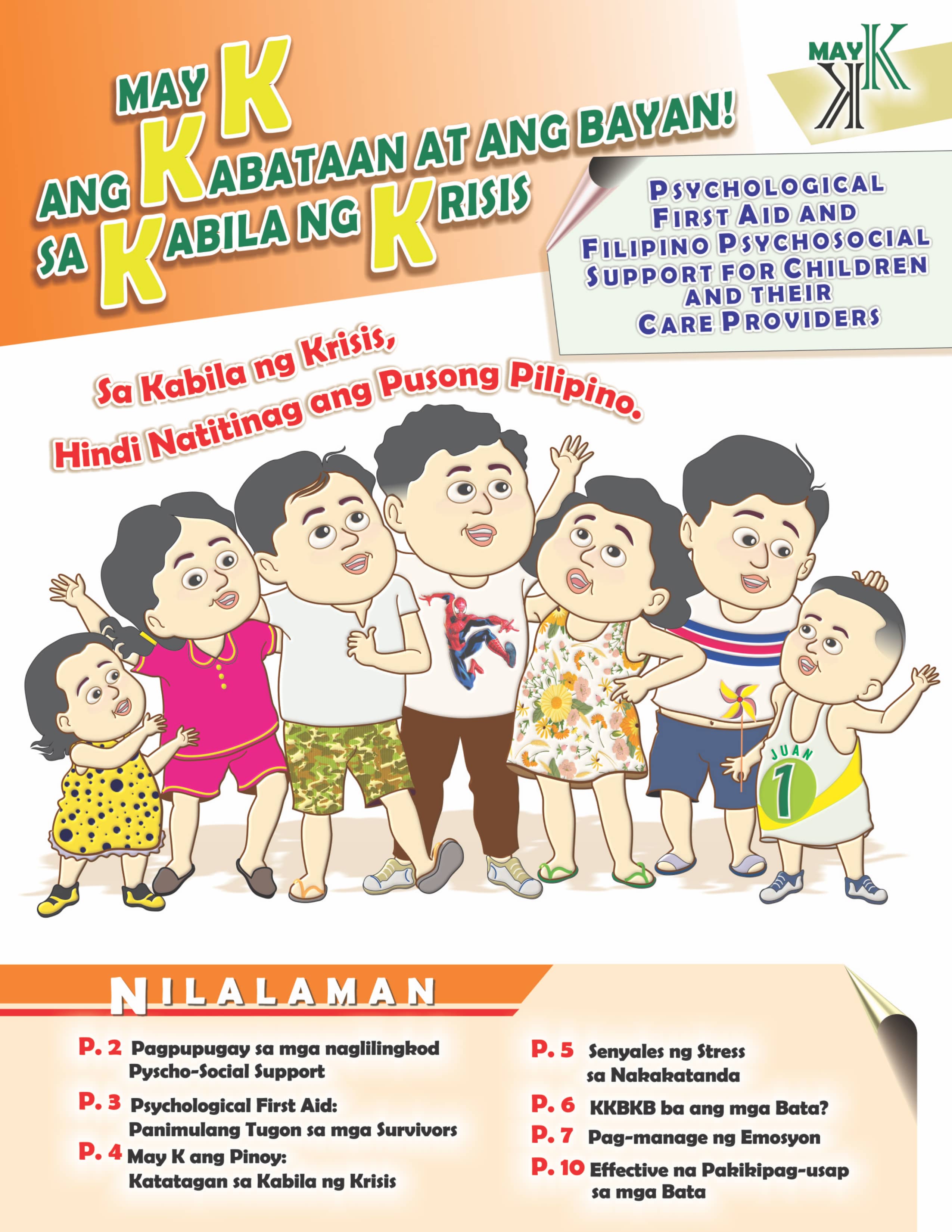The use of torture must cease to be commonplace. Freedom from torture, not free to torture!
Torture continues to be routinely practiced in the Philippines despite the country having been a state party to the UN Convention Against Torture, the fact that the 1987 Philippine Constitution explicitly prohibits the use of torture and the enactment of the Anti-Torture Act of 2009. A handful of small organizations have since the time of Marcos dictatorship been documenting cases of this abhorrent practice and with them effectively brought to light that the state, as the overarching institution of authority, has fallen short in exercising the political will needed to abate its use in law enforcement and military operations. Nevertheless, the cases these groups have been able to document are but the tip of the iceberg. Innumerable individuals, mostly coming from the poorer sections of Philippine society are victimized by this human rights violation everyday in the name of crime prevention or political stability. The two common kinds of torture victim, the suspected criminal and the person who seeks change by expressing dissent, undergo horrific life-changing ordeals because shortcutting their responsibilities has become prescriptive amongst state security forces and law enforcers. Torture of course persists because poverty and other social ills remain unresolved by the primary duty bearer – the state. After all, civil and political rights violations are mere manifestations of the social injustices, in human rights parlance defined as economic, social and cultural rights violations. To provide examples, the root cause of torture of a suspected pickpocket and a social activist demanding change is the same, widespread abject poverty. It is safe to assume that the social and economic disparity has alienated our police and military public servants from the ensuring safety of common citizens. Therefore systemic change in their practice must become a high priority in this administration.
It would be wrong to assert that the policies in the Philippines lack the safeguards in preventing arbitrary acts such as torture. In fact these policies, the resonant ones mentioned above, are noteworthy. The predicament lies in several broad underlying factors which need to be addressed if government is serious in wanting to focus squarely on stamping out torture.
Firstly, for some reason, government has avoided touching the issue from the top and this is evident in the fact that an overarching zero tolerance policy on the use of torture has never been issued by any administration. It is the absence of this firm stand that allows the policing and state security sectors to sustain a culture and practice that is entirely disjointed from official policies and rules of operations. Police and military excesses, which include torture are commonplace as uncovered by recent media exposes. Most victims are the ones who are powerless and penniless and thus have in practice found that access to restitution and justice is insurmountable. Our flawed criminal justice system shields perpetrators from being brought to justice especially if the ones seeking justice are poor. This systemic flaw effectively nurtures a national culture of impunity, an ill which even government acknowledges as something that has come to be entrenched in the Philippine social fabric.
With the complete failure to curb the use of torture, the practice continues to devastate countless lives and even communities. Even the aforementioned public exposes of torture incidents such as the Tondo Community precinct torture have not been enough to sustain the national outcry against police excesses. The public outrage could not fuel enough momentum for a citizen's response that would compel the powers that be to exercise its political will to effect change, change that would rebound to the lives of those most at risk of being tortured.
The experience of torture is personally and socially damaging. The lives of people who are forced to endure it are dramatically changed. Brutalizing physical and emotional scars burden them for their entire lives most especially if social circumstance denies them specialized treatment. No one is exempted from the dangers of torture. We are most at risk if it is commonplace and socially acceptable.
With hope and determination, let us work hand in hand in raising public awareness and concern on the right not to be tortured so that our collective demand on its respect and fulfillment can push our hesitating leaders into ensuring that all the good policies and laws in place are observed by law enforcers and military alike.
Polices must connect with the practices on the ground. Justice and restitution must be accessible to those who were forced to endure the horrific experience of torture. The use of torture must cease to be commonplace. Freedom from torture, not free to torture.
The United Against Torture Coalition of the Philippines (UATC)*
*The UATC- the United Against Torture Coalition-Philippines is a coalition composed of several human rights institutions and non-government organizations working together in defending human rights and in the fight to eliminate the use of torture in the country. Balay Rehabilitation Center, Inc. is the current secretariat-organization for the UATC.























